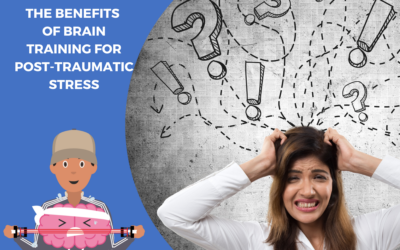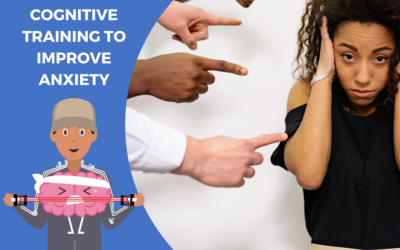Do you never finish your activities? Do you tend to spread yourself too thin? These are all signs of a lack of concentration. Why not stay focused right away? Let’s take a look at the tests, the symptoms and some ways to improve concentration.
Concentration plays a fundamental role in our daily lives in many ways. It is the key to many tasks, whether simple or complex. When we are able to concentrate, we are more effective in our work, studies and daily activities. This translates into higher productivity, better quality of work and the ability to achieve our objectives more quickly. What’s more, concentration is essential for making informed decisions, solving problems and maintaining meaningful social relationships. It also enables us to fully savor the present moment, appreciate the beauty that surrounds us, and cultivate our mental well-being. In short, concentration is a pillar of personal and professional success, as well as a determining factor in our daily quality of life. That’s why it’s essential to take any concentration problems seriously and look for ways to improve them.
How can I test my concentration?
Knowing your concentration level helps you to act better. The scientific tools are diversified to test its concentration.
A test proposed by INSERM in Lyon
It must be said that the National Institute of Health and Medical Research (INSERM) in Lyon is interested in the problems that affect the concentration of each individual. Researchers at the institution have developed a test to assess concentration. What a great initiative!
They call it the BLAST test, in English Bron/Lyon Attention Stability Test. In practice, this is done in the following way. This test uses the letters of the alphabet. A letter is presented to the BLAST test taker for a period of time (1 quarter second). He is then presented with a group of four letters. The individual will press the screen (right or left) depending on whether the starting letter is in the group.
A self-assessment test to take at home
You can undertake a simple test to assess your concentration level. Grab a book before settling down to read. You give up after 3 or 4 pages? Is a little noise enough to interrupt or distract you? Can’t remember the sentence you just read?
If you answer yes to these questions, then there is a problem. Your concentration is probably at half-mast. We’ll have to do something to boost it.
Keep a concentration diary
Keeping a concentration diary is a qualitative method of assessing your level of attention. You can record your experiences of concentration on a daily basis, noting the moments when you were most concentrated and those when you were least attentive. This approach enables you to spot trends, understand the factors affecting your concentration and adjust your environment accordingly. However, it does require self-discipline to maintain a regular diary.
Use tracking tools
Numerous tools for tracking concentration are available, such as time management applications, task counters, and brain activity tracking devices. These tools help you measure your concentration levels objectively by recording data on your behavior and productivity. They can provide valuable information about your concentration habits and help you identify areas where you might need improvement.
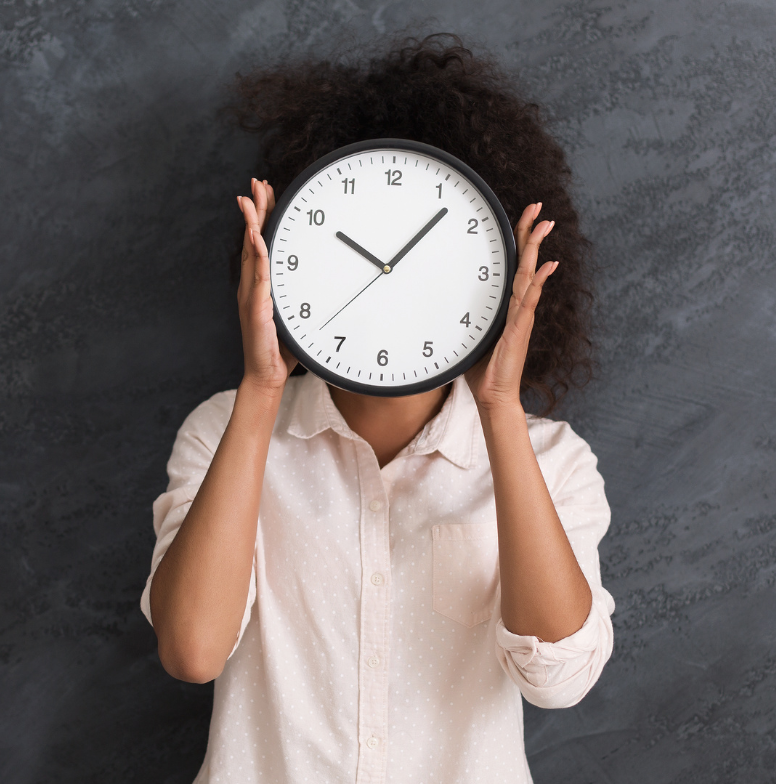
Software or applications to assess mental concentration
Several experts have been working hard to develop software or applications with the intention of improving mental concentration. For example, brain coaching applications offer evaluation tests to users. This can be easily done before starting the concentration or memory enhancement program.
Today, computers, tablets and smartphones have become indispensable. You can install free or paid software or applications to give you a boost in concentration.
Various tests to measure the online concentration
The Internet offers a wide range of sites in all fields. There are various online sites where each person can take a test. You can join a site in order to evaluate your abilities at this time. Of course, children are also concerned by these tests capable of detecting a concentration deficit. These concentration assessments are mostly based on scientific research.
Signs of concentration problems
It can be a temporary problem or a major one. Whatever the case, it manifests itself through various symptoms.
Difficulty remembering things
The concentration problem affects all age groups. The affected person cannot remember where he or she has stored certain things. Examples include identification, car or office keys, driver’s license, wallet, etc.
Sometimes we forget where we put certain accessories. But, in the case of a concentration problem, this happens regularly. The subject suffers from oversights in general.
Other signs of a concentration problem
The ability to concentrate depends on several functions, namely: working memory, mental flexibility, the ability to block reactions, etc. In addition to repeated forgetfulness, there are other signs such as inattention errors and a lack of energy. In addition, you have difficulty performing mundane tasks.
When it is a major disorder
You need medical assistance if the concentration problem leads to a loss of consciousness. You also notice physical or bodily signs such as tingling. For example, they may appear on only one side of the body. There are also headaches and chest pains. Not to mention a loss of memory that tends to occur suddenly.
All these signs should not be taken lightly. See a doctor immediately so that you can take action as soon as possible.
How can I improve my concentration?
The ability to improve concentration is a valuable skill that can be cultivated and strengthened over time. This section introduces you to techniques and practices that can help you increase your concentration and maintain an optimal level of attention.
Anything that can improve your concentration should be taken. It starts with an ideal diet, an excellent lifestyle, exercises, games…
The food
One of the best ways to combat poor concentration is to invest in a healthy, balanced diet. Plan your meals with foods that can help you concentrate. You can eat whole grains, oleaginous fruits and legumes. Choose an olive oil. Avoid fats and foods that are too fatty.
Good sleep is a daily necessity. So, create the conditions for a restful sleep. Do not remain sedentary. Be physically active as needed. Avoid alcohol and other stimulants.
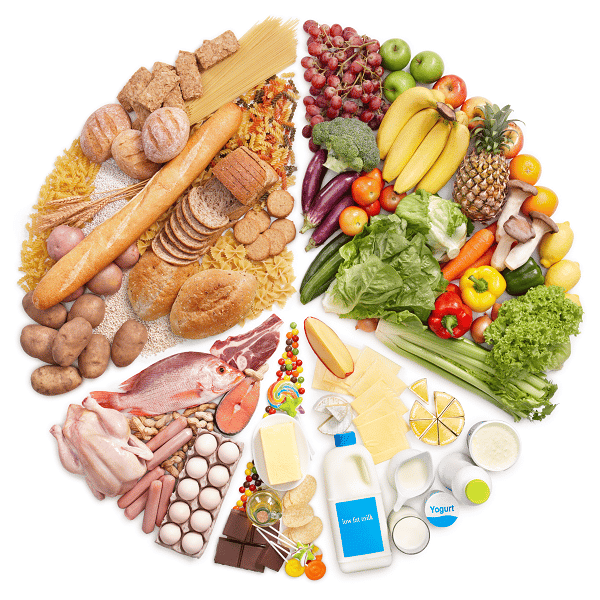
Meditation
Meditation is a proven method for strengthening concentration. By practicing meditation regularly, you can train your mind to focus on the present moment, reduce mental distractions and improve your ability to maintain attention on a specific task. Mindfulness exercises, such as breathing meditation, are particularly useful for developing this skill.
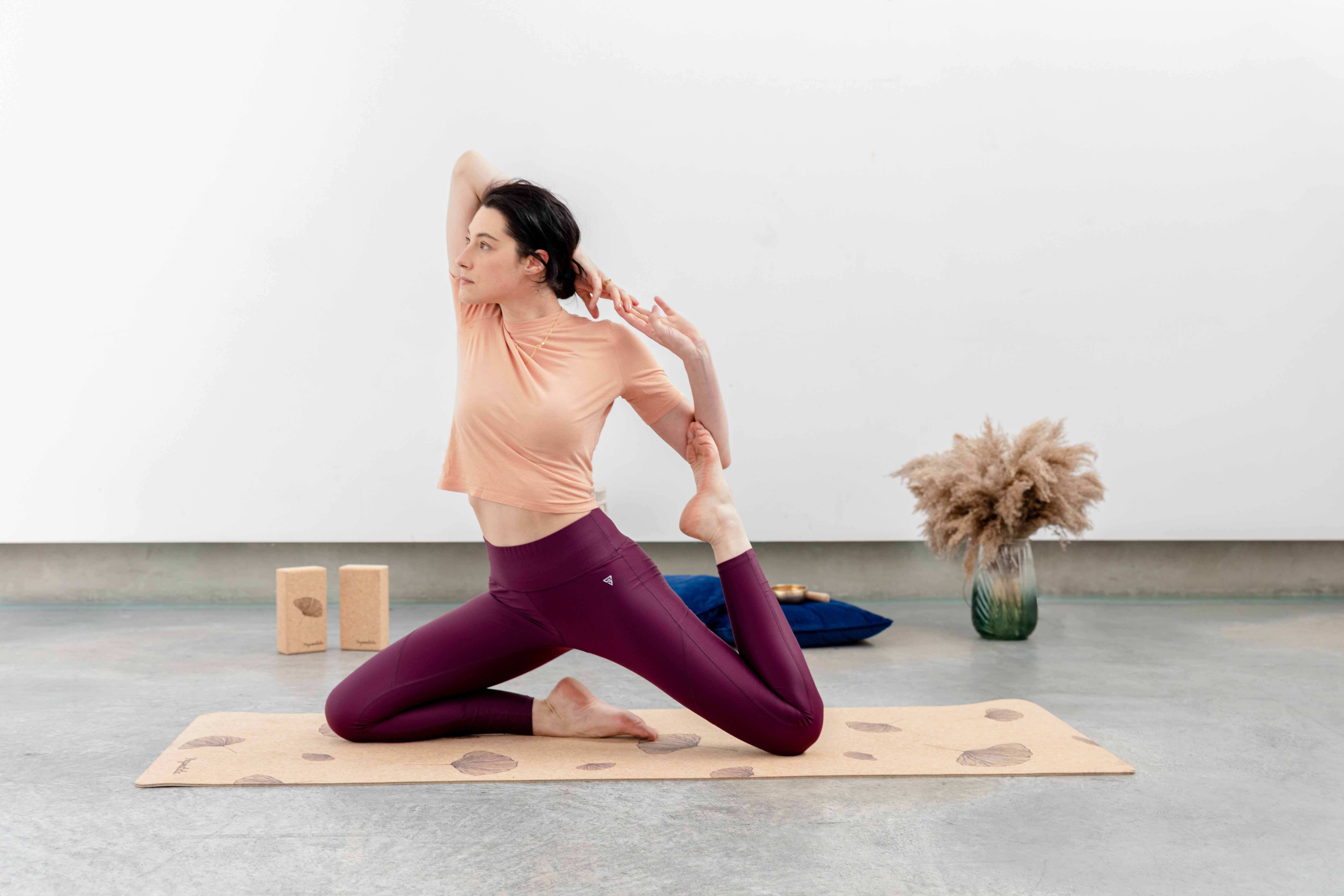
Time management
Effective time management can greatly influence your ability to concentrate. Use time management techniques such as the Pomodoro technique, which involves working for short, defined periods, followed by short breaks. This method encourages intense concentration during dedicated work time, while avoiding mental exhaustion.
Physical exercise
Regular exercise has a significant impact on concentration. It stimulates blood circulation, improves brain function and reduces stress. Regular physical activity, whether it’s walking, running, yoga or dancing, can contribute to better concentration by promoting mental clarity and reducing restlessness.

Exercises to improve your concentration
First, there are exercises that can be done to promote connections in the brain. Do some breathing or relaxation exercises. Make yourself comfortable on a chair or in an armchair in an airy place. Then, release your breath: that is, inhale and exhale fully several times in a row. Also opt for mindfulness meditation.
On the other hand, it is necessary to adopt good reflexes. That is to say, avoid trying to do several activities at the same time. Eliminate anything that might distract you or weaken your concentration. Don’t hesitate to train your brain. There are several exercises to do this. We can use games developed for the brain and memory.
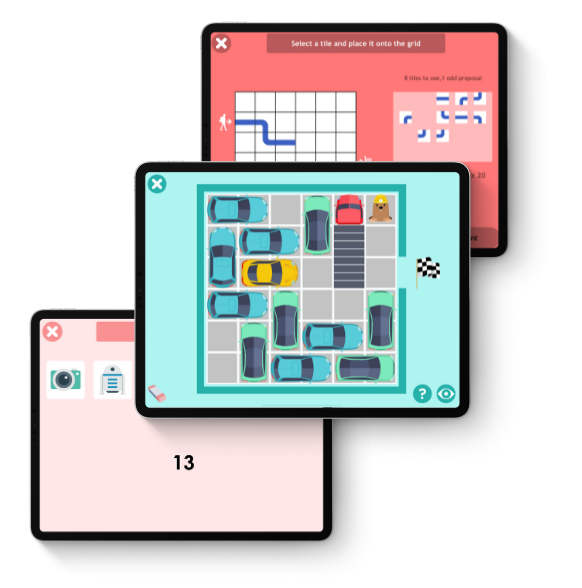
I would like to share my experience with the JOE brain training program, as it has had a profound impact on my life. For a long time, I had been struggling with concentration problems that seemed insurmountable. These difficulties often put me in awkward situations at work and school, and I even missed important details in my personal life.
One of the most striking anecdotes of this period was when I forgot my parents’ wedding anniversary. It was an event I should never have missed, but I was so preoccupied with my concentration problems that it completely escaped my memory. It was an extremely painful time for me and my family.
Another time, at work, I realized that I was spending far too much time on simple tasks because of my difficulty concentrating. I felt like I was constantly struggling to accomplish my tasks, and this was affecting my productivity and self-confidence.
That’s when I heard about the JOE brain training program through a friend. I decided to give him a chance, because I had nothing to lose. Within the first few weeks, I began to notice a marked improvement. JOE’s exercises seemed specially designed to stimulate my attention and concentration.
After a few months of regular practice, I was amazed by the results. Not only did I regain my ability to concentrate on tasks, but I also noticed a significant improvement in my memory. I no longer forget important birthdays, and my work has become much more efficient.
The link between attention and concentration
Attention and concentration are two closely related but distinct concepts in cognitive psychology.
Attention refers to the ability to direct one’s mental focus on a specific stimulus or task. It enables our brain to select and actively process certain information from all the stimuli in our environment. Attention can be selective, sustained or divided, depending on how we process information.
Concentration, on the other hand, is a particular form of sustained attention to a specific task or stimulus for an extended period of time. It’s the ability to maintain attention on a particular activity without being distracted by other stimuli or thoughts. In other words, concentration is a specific aspect of attention characterized by prolonged focus.
Concentration is a manifestation of sustained attention. To be focused on a task, you must first direct your attention to that task and then maintain that attention on it. Good concentration therefore depends on the quality of your attention. If you have trouble maintaining your attention on a task, it may be due to attention problems, such as distractibility or difficulty filtering out disruptive stimuli.
Consequently, attention is a broader mental process that encompasses the ability to concentrate, while concentration is a particular form of attention that involves prolonged focus on a specific task or stimulus. Both concepts are essential for cognitive performance and efficient task completion.
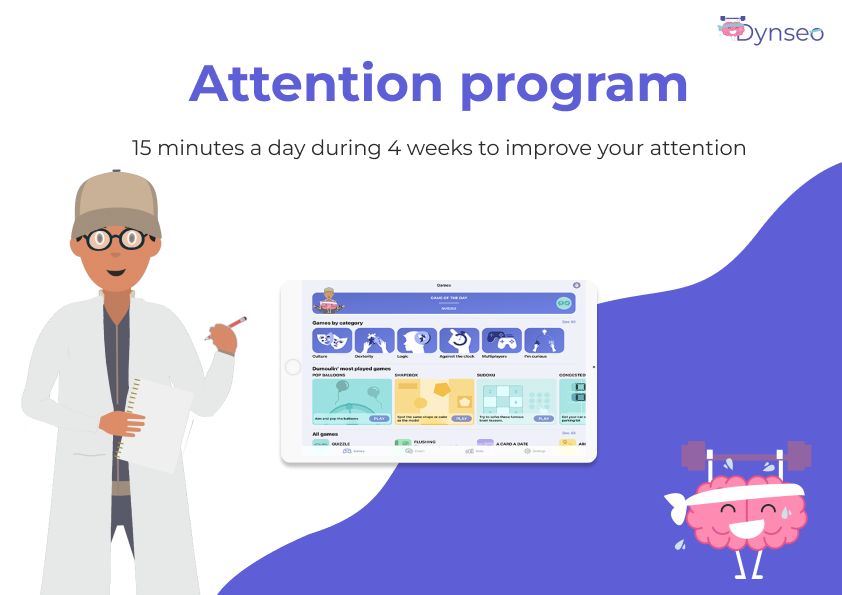
ATTENTION PROGRAM
For 4 weeks, follow our program to work on attention by playing our specially selected games for 15 minutes a day.
Receive the complete program(s)
Ask a healthcare professional for help
It is sometimes necessary to call in professionals to solve persistent concentration problems. This section explores when it is appropriate to consult a specialist and the different treatment options available.
When to consult a specialist
The decision to consult a specialist depends on the severity of your concentration problems and how they affect your daily life. Here are some signs that it’s time to seek professional help:
- Persistent concentration problems: If your concentration difficulties persist despite your efforts to improve them on your own, it may be wise to consult a professional.
- Impact on daily life: If your concentration problems are having a significant impact on your work, studies, relationships or general well-being, it’s important to seek help.
- Associated symptoms: If your concentration difficulties are accompanied by other symptoms, such as anxiety, depression or sleep problems, this may indicate a need for professional intervention.
- Reduced quality of life: If you feel that your quality of life is being significantly reduced as a result of your concentration problems, it’s time to consult a specialist for a diagnosis and appropriate advice.
In the first instance, we recommend that you make an appointment with your GP. Poor concentration can be a symptom of a variety of conditions, and the GP is best qualified to carry out an initial assessment. If necessary, this healthcare professional can refer the patient to an appropriate specialist, such as a psychiatrist, sleep specialist or neurologist.
Several illnesses can explain a lack of concentration:
- Neurodegenerative diseases such asAlzheimer ‘s
- Neurological infections (encephalitis, meningitis, etc.)
- Head trauma and its after-effects
- Brain tumors
B. Available treatment options
Once you’ve consulted a professional, there are several treatment options to help improve your concentration.
- Cognitive behavioral therapy (CBT ): CBT is a therapeutic approach that can help resolve concentration problems by identifying negative thought patterns and counterproductive behaviors. She teaches techniques for redirecting these patterns and developing positive cognitive and behavioral habits.
- Medication (if necessary) In some cases, a mental health professional may recommend medication to treat severe concentration problems related to disorders such as Attention Deficit Hyperactivity Disorder (ADHD) or other medical conditions. These medications can help stabilize attention and reduce associated symptoms.
It’s important to note that the choice of treatment approach will depend on your individual situation and the diagnosis of your mental health specialist. We recommend consulting a qualified professional to assess your specific needs and develop a treatment plan tailored to your situation.
Discover the DYNSEO applications
DYNSEO has developed brain training applications adapted to all, available on tablets and phones, and which work without an Internet connection.
These programs can be used at home, as well as with health care professionals, as tools to maintain cognitive function.
The games offered are culturally appropriate and allow players to train while having fun.
COCO THINKS
and COCO MOVES
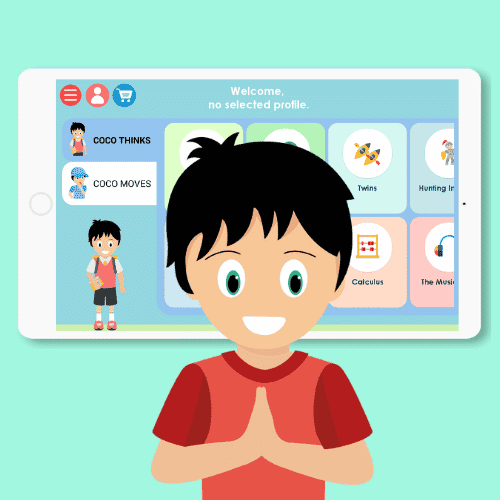
A version for children from 5 to 10 years old, with adapted educational games as well as a sports break to teach a measured use of screens and to take a break to return more serenely to educational activities.
CLINT
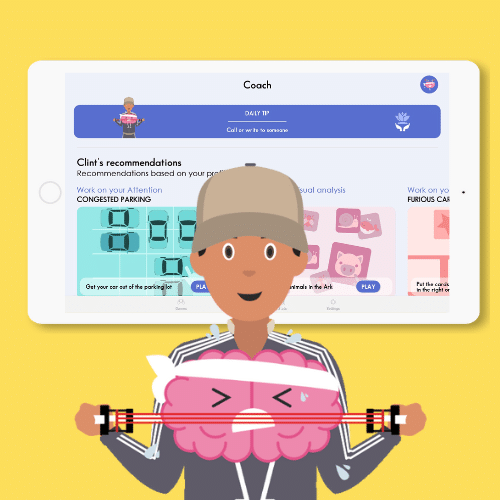
A version for adults with mild disorders, to work all his cognitive functions in everyday life.
Discover more than 30 cultural and adapted games.
SCARLETT
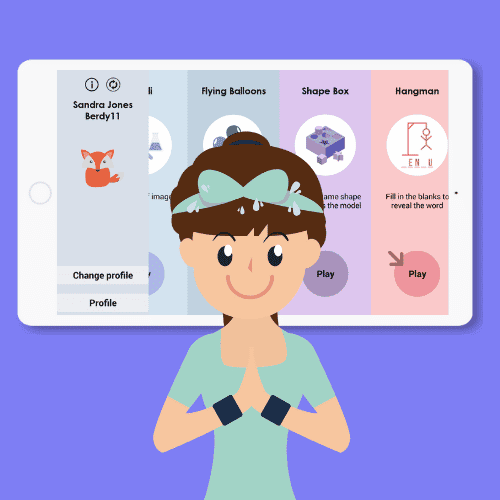
A version for seniors and adults with advanced cognitive disorders (such as Alzheimer’s, Parkinson’s…).
Easy and adapted games, to encourage players in their brain training.
Other articles that might interest you:
The benefits of brain training for post-traumatic stress
Post-traumatic stress disorder (PTSD) is a mental disorder that can occur after experiencing or witnessing a traumatic...
The benefits of brain training for anorexia
Anorexia is an eating disorder that affects millions of people worldwide. This disease can have serious physical and...
Cognitive training to improve anxiety
Cognitive training is a method used to help people with anxiety manage their thoughts and emotions. Anxiety is a...


